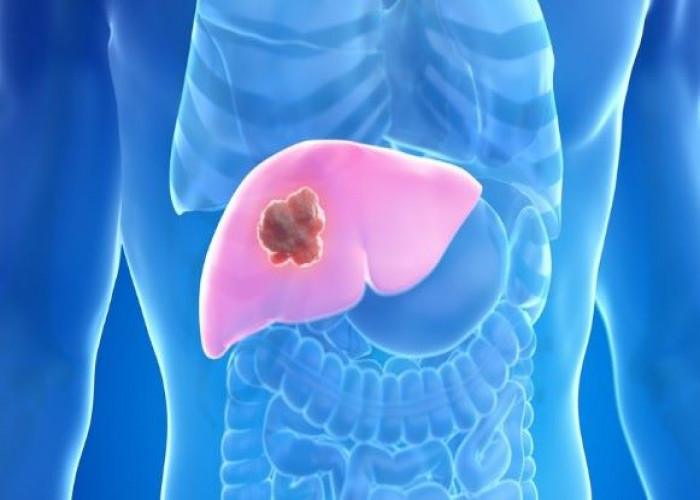 Welcome
Welcome
“May all be happy, may all be healed, may all be at peace and may no one ever suffer."
Hyperoxaluria and oxalosis
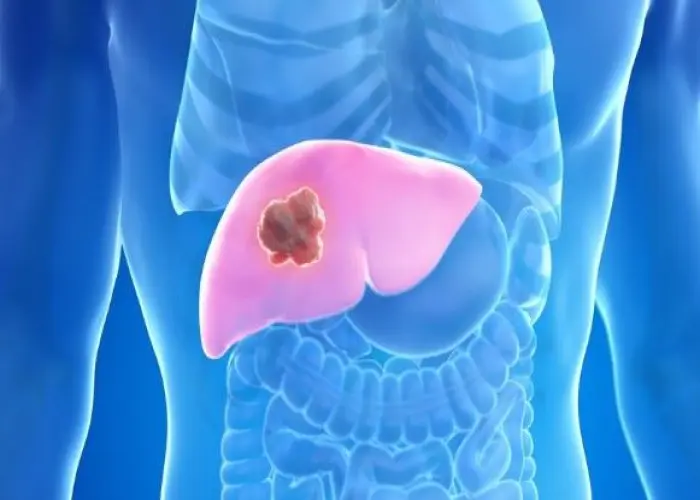
Hyperoxaluria is a medical condition characterized by an excess of oxalate in the urine, which can lead to the formation of kidney stones and, in severe cases, damage to the kidneys. Oxalosis is a rare condition in which oxalate crystals accumulate in the body's tissues and organs, including the kidneys, heart, and bones, leading to organ damage and failure.
Oxalate is a naturally occurring substance that is found in many foods, but it is usually excreted by the body. In people with hyperoxaluria, the body produces too much oxalate or has difficulty excreting it. In people with oxalosis, the accumulation of oxalate in the body's tissues is due to a genetic defect that impairs the breakdown of oxalate.
Symptoms of hyperoxaluria and oxalosis can vary depending on the severity of the condition and the organs that are affected. Symptoms may include kidney stones, abdominal pain, blood in the urine, and bone pain. In more severe cases, these conditions can lead to kidney failure, heart and lung problems, and even death.
Treatment for hyperoxaluria and oxalosis typically involves a combination of lifestyle modifications, medications, and, in severe cases, surgery. Lifestyle modifications may include changes to diet, hydration, and exercise. Medications may include those that help reduce the amount of oxalate in the body, such as calcium supplements or certain medications that bind to oxalate. In severe cases, surgery may be necessary to remove kidney stones or repair organ damage.
If you or someone you know is experiencing symptoms of hyperoxaluria or oxalosis, it is important to speak with a healthcare provider for an accurate diagnosis and appropriate treatment. These conditions can be serious, but with proper management, it is possible to prevent complications and improve outcomes.
Research Papers
Disease Signs and Symptoms
- Back pain
- Pain in the area below the ribs on the back (flank) that doesn't go away
- Blood in urine (hematuria)
- Frequent urination
- Fever and chills
Disease Causes
Hyperoxaluria and oxalosis
Hyperoxaluria occurs when there is too much of a substance called oxalate in the urine. There are several types of hyperoxaluria:
- Primary hyperoxaluria. Primary hyperoxaluria is a rare inherited (genetic) condition present at birth. In this type, the liver doesn't create enough of a certain protein (enzyme) that prevents overproduction of oxalate, or the enzyme doesn't work properly. Excess oxalate is eliminated through your kidneys, in your urine. The extra oxalate can combine with calcium to create kidney stones and crystals, which can damage the kidneys and cause them to stop working (renal failure).
- Kidney stones form early and most often cause symptoms during childhood or adolescence. Because of the very large amounts of oxalate produced, the kidneys of many people with primary hyperoxaluria fail by early to middle adulthood. But renal failure can occur as early as infancy, while others with primary hyperoxaluria never develop kidney failure. To date, experts have identified three different genetic causes of primary hyperoxaluria.
- Oxalosis. Oxalosis occurs if you have primary hyperoxaluria and your kidneys fail. Because your body can no longer eliminate the extra oxalate, it starts accumulating — first in your blood, then in your eyes, bones, skin, muscles, blood vessels, heart and other organs. This can cause multiple problems.
- Enteric hyperoxaluria. Several intestinal diseases, including Crohn's disease and short bowel syndrome as a result of surgical procedures, increase the absorption of oxalate from foods, which can then increase the amount of oxalate excreted in the urine.
- Hyperoxaluria related to eating high-oxalate foods. Eating large amounts of foods high in oxalate can increase your risk of hyperoxaluria or kidney stones. Ask your doctor or dietitian for a list of high-oxalate foods. Avoiding high-oxalate foods is particularly important if you have enteric hyperoxaluria.
Complications
Untreated primary hyperoxaluria can eventually damage your kidneys. Over time your kidneys may stop working. For some people, this is the first sign of the disease.
Signs and symptoms of kidney failure include:
- Decreased urine output or no urine output at all
- Feeling generally ill and tired
- Loss of appetite, nausea and vomiting
- Pale skin color related to anemia
- Swelling of hands and feet
Disease Prevents
Disease Treatments
Treatment depends on the type, symptoms and severity of hyperoxaluria and how well you respond to treatment.
Reducing oxalate
To reduce the amount of calcium oxalate crystal formation in your kidneys, your doctor may recommend one or more of these treatments:
- Medications. Lumasiran (Oxlumo) is a medicine that decreases the production of oxalate in children and adults with primary hyperoxaluria. Prescription doses of vitamin B-6 can be effective in reducing oxalate in the urine in some people with primary hyperoxaluria. Oral preparations of phosphates and citrate help prevent the formation of calcium oxalate crystals. Other medications, such as thiazide diuretics, also may be considered, depending on which other abnormalities are present in your urine.
- High fluid intake. If your kidneys are still functioning normally, your doctor will likely tell you to drink more water or other fluids. This flushes the kidneys, prevents oxalate crystal buildup and helps keep kidney stones from forming.
- Dietary changes. In general, paying attention to your diet is more important if you have enteric or dietary hyperoxaluria. Your doctor may recommend changes to your diet including restricting foods high in oxalates, limiting salt, and decreasing animal protein and sugar (high fructose corn syrup). Dietary changes like these may help to lower the levels of oxalate in your urine. But dietary restrictions may not be effective for all people with primary hyperoxaluria. Follow your doctor's recommendations.
Kidney stone management
Kidney stones are common in people with hyperoxaluria, but they don't always need to be treated. If large kidney stones are causing pain or blocking urine flow, you may need to have them removed or broken up so they can pass in the urine.
Dialysis and transplantation
Depending on the severity of your hyperoxaluria, you may eventually lose kidney function. Kidney dialysis may help temporarily, but it doesn't keep up with the amount of oxalate produced. A kidney transplant or kidney and liver transplant can cure certain inherited types of hyperoxaluria (primary hyperoxaluria).
Disease Diagnoses
Disease Allopathic Generics
Disease Ayurvedic Generics
Disease Homeopathic Generics
Disease yoga
Hyperoxaluria and oxalosis and Learn More about Diseases
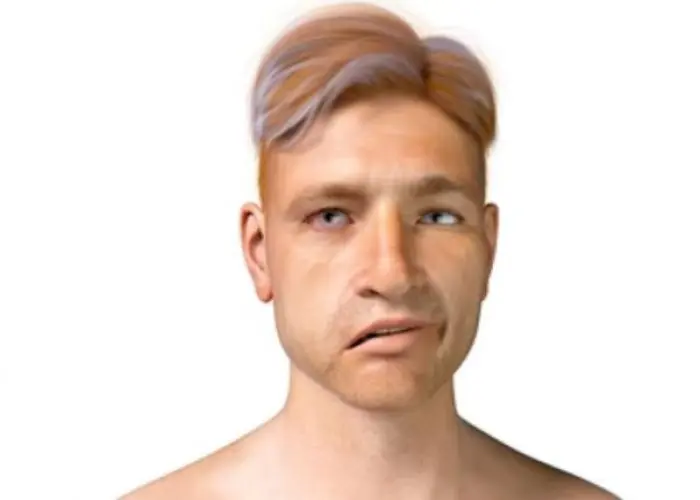
Bell's palsy
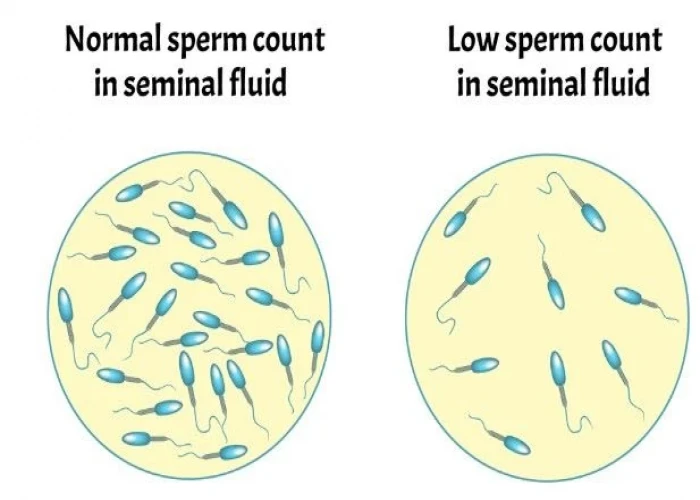
Low sperm count
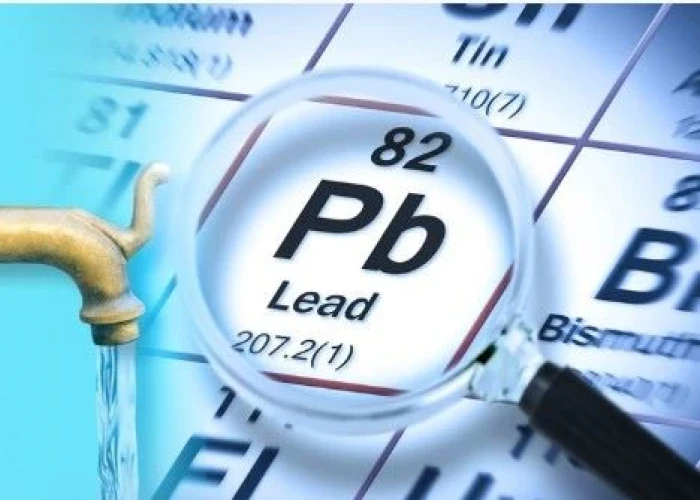
Lead poisoning

Nasopharyngeal carcinoma
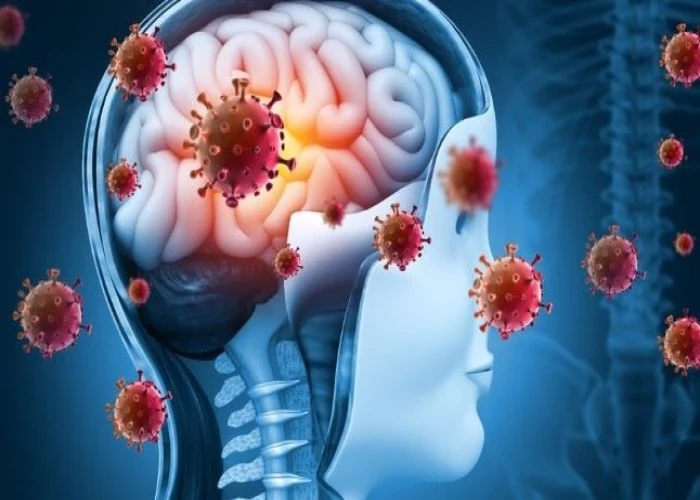
Meningitis

Mosquito bites

Hypopituitarism
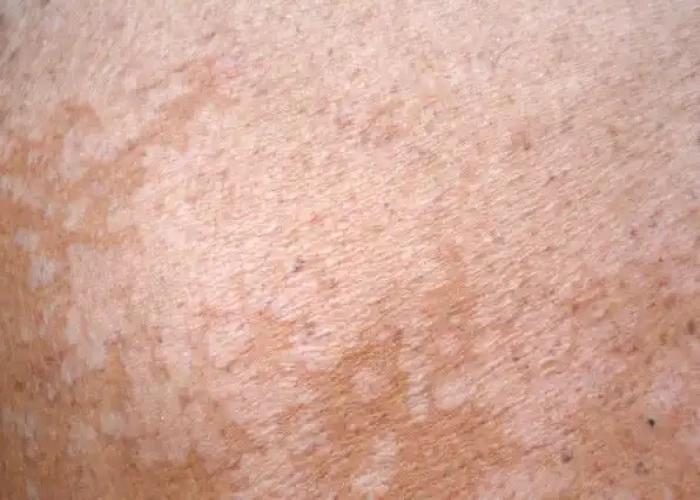
Tinea versicolor
hyperoxaluria and oxalosis, হাইপারক্সালুরিয়া এবং অক্সালোসিস
To be happy, beautiful, healthy, wealthy, hale and long-lived stay with DM3S.
